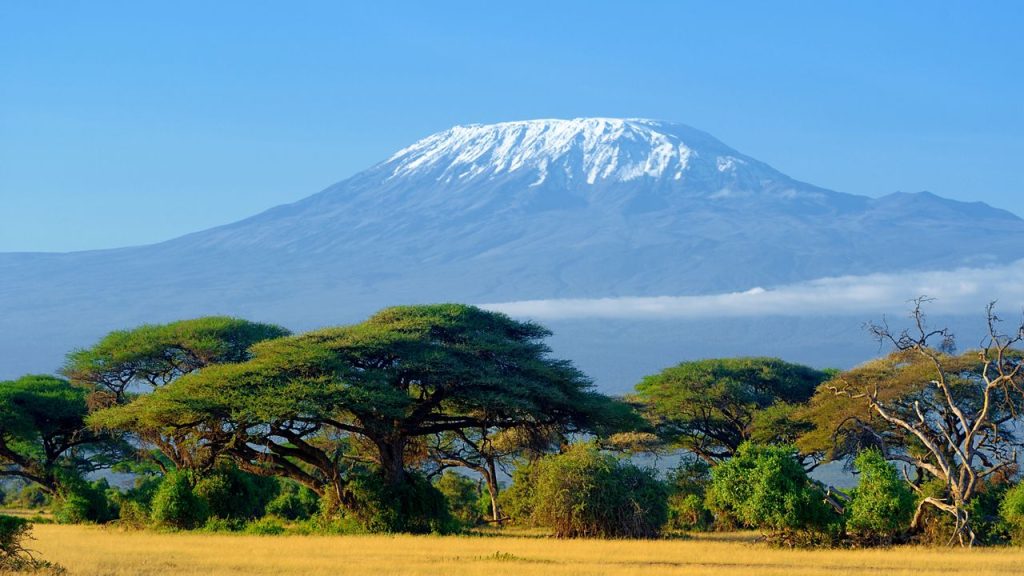Cultural Experiences in Africa: Exploring Historical Landmarks and Preserving Cultural Heritage
Africa is a continent rich in history, diversity, and cultural heritage. From ancient civilizations to vibrant traditions, the continent offers a plethora of cultural experiences that are both enlightening and awe-inspiring. In this article, we will delve into the significance of historical landmarks, the importance of cultural heritage preservation, and the beauty of cultural interactions in Africa.
Historical Landmarks: Unveiling the Past
One of the most captivating aspects of Africa is its wealth of historical landmarks. These sites serve as a window into the past, allowing visitors to witness the grandeur and achievements of ancient civilizations. From the Great Pyramids of Giza in Egypt to the rock-hewn churches of Lalibela in Ethiopia, these landmarks are a testament to the ingenuity and craftsmanship of our ancestors.
Exploring these historical sites not only provides a glimpse into the past but also fosters a sense of connection with our shared human history. It is a humbling experience to stand in the presence of structures that have withstood the test of time, reminding us of the resilience and creativity of those who came before us.
Cultural Heritage Preservation: Safeguarding Our Identity
Preserving cultural heritage is vital for maintaining a sense of identity and fostering a deeper understanding of our roots. Africa is home to diverse cultures, each with its unique traditions, languages, and art forms. By safeguarding and promoting these cultural expressions, we ensure that future generations can appreciate and learn from them.
Efforts to preserve cultural heritage can be seen in various initiatives across the continent. Museums, cultural centers, and heritage sites play a crucial role in educating visitors about Africa’s rich cultural tapestry. Additionally, local communities actively engage in preserving their traditions through storytelling, music, dance, and craftsmanship.
It is through these preservation efforts that the beauty and significance of African cultures can be celebrated and shared with the world. By embracing and valuing our cultural heritage, we contribute to the preservation of our collective human history.
Cultural Interactions: Bridging Differences
One of the most rewarding aspects of exploring Africa’s cultural experiences is the opportunity for meaningful interactions with local communities. Engaging with people from different backgrounds and traditions allows us to broaden our perspectives and challenge preconceived notions.
Whether it’s participating in a traditional dance, sharing a meal, or learning a local craft, these interactions foster mutual understanding and appreciation. They remind us that despite our differences, we share a common humanity and can learn from one another.
Furthermore, cultural interactions promote sustainable tourism and contribute to the economic empowerment of local communities. By supporting local artisans, entrepreneurs, and cultural initiatives, we can make a positive impact while immersing ourselves in the richness of African cultures.
Conclusion
Africa’s cultural experiences offer a unique and enriching journey through history, heritage, and human connections. From exploring historical landmarks to preserving cultural heritage and engaging in meaningful interactions, the continent provides endless opportunities for personal growth and enlightenment.
By embracing and celebrating Africa’s cultural diversity, we not only gain a deeper understanding of our collective human history but also contribute to the preservation and promotion of cultural heritage for generations to come.

